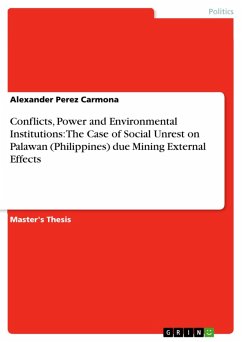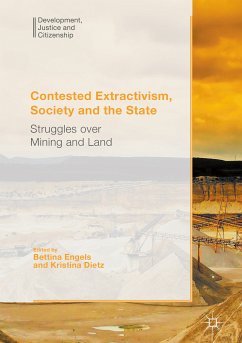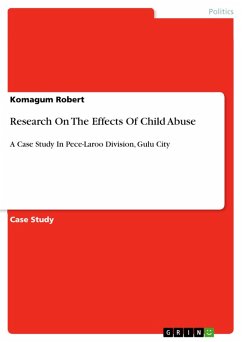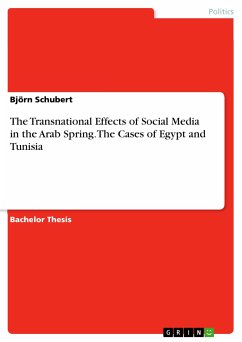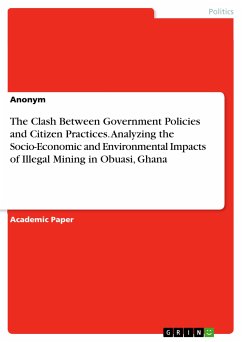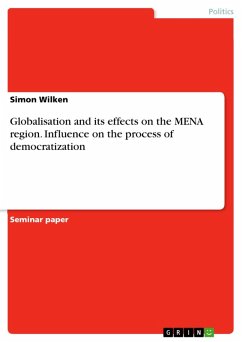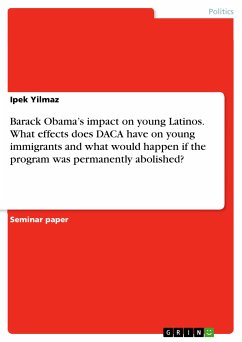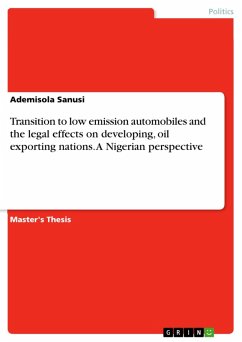Master's Thesis from the year 2005 in the subject Politics - Environmental Policy, grade: 1, Humboldt-University of Berlin (Umwelt-und Ressourcenökonomie), language: English, abstract: In October 2003, the executive director of the Philippine non-governmental-organization (NGO) Palawan Conservation Corp, Mrs. Sheila Chan, held a Lecture at the Brandenburg University of Technology Cottbus. The presentation topic was on the events that currently endanger the biodiversity of Palawan. Palawan is an island located at the south-west side of the Philippines, which due its rich environmental resources was declared a biosphere reserve by the United Nations in 1991. As a result of this, tourism is a major source of income. Among the seven menaces pointed out by Mrs. Chan, one particularly attracted my attention: The increasing mining activities on the biosphere reserve, and a specific case of protests against a mining project. The Rio Tuba Nickel Mining Corporation, a firm that have been operating on the island since almost thirty years, became the centre of major controversy. After a contentious past regarding its poor performance with environmental resources, resulting from the presence of negative external effects, as well as legal concerns regarding property rights claims, the company was granted in July 2002 an Environmental Compliance Certificate to expand its mining activities. The legal battle among representatives of the firm and NGOs, which were actively advocating the interests of the native population, was added to the volatility of the southpalawenos that finally resulted in a rally, attracting around 1000 demonstrators of the municipality Bataraza. This social dissatisfaction is not only as a result of the expectations of the native population being let down in the past by the company, especially those of the southpalawenos and some well-informed urban residents, but is also directed towards the environmental bureaucracies, even to the level of the central government. Formal arrangements concerning the management of the assets involved have been apparently violated, thus generating the need for new institutional arrangements.
Dieser Download kann aus rechtlichen Gründen nur mit Rechnungsadresse in A, B, BG, CY, CZ, D, DK, EW, E, FIN, F, GR, HR, H, IRL, I, LT, L, LR, M, NL, PL, P, R, S, SLO, SK ausgeliefert werden.
Hinweis: Dieser Artikel kann nur an eine deutsche Lieferadresse ausgeliefert werden.

